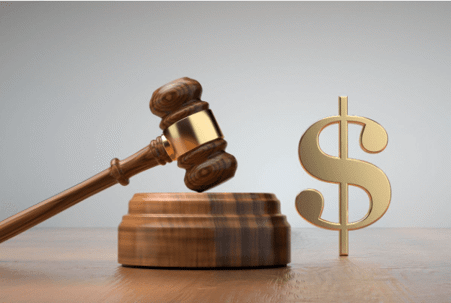If you are being sued, it is critical that you speak with an attorney as soon as possible. While worrying about debt and considering what your options are in terms of finding a better solution is one thing, once you have been served legal documents by a private process server or a deputy sheriff, the situation becomes much more urgent.
For many defendants who have been through a lot and are in a major state of financial distress, the larger question may be why they even need to bother with responding or worrying if they have absolutely nothing to give or to take! Being judgment proof, or rather, staying that way, can be a tricky matter—especially when you consider that a default judgment is good for up to 20 years. This is because the initial judgment is good for ten years and can be extended for another ten if the debt is still not satisfied.
Speak with an experienced collection lawsuit attorney from Fitzgerald & Campbell, APLC if you are being sued. Most likely, the best course of action is to respond to the lawsuit within the allotted 20 to 30 days and outline a strong defense. This is key to avoiding a default judgment. While many people may assume that once you’ve defaulted on a debt and lost a lawsuit it’s the end of the road, despite the ruin to your credit, the truth is that is just the beginning of an entirely new path of headache and worry.
Speak with your attorney regarding the best way to avoid the potential for a default judgment, and ensuing action like wage garnishment, seizure of property, and loss of control over checking accounts.
Wage garnishing is one of the most common ways that creditors and debt collection agencies try to collect on debts, working with your employer who is court-ordered, and taking up to 25 percent of your disposable income. Seizure of valuable property and assets is another way that creditors can take more aggressive measures to satisfy a debt, selling items off at public auction.
Another common route is levying bank accounts. This can be one of the most surprising aspects of the default judgment, sometimes happening with absolutely no warning and leaving you at the cash register to suffer through the humiliation of a declined debit card. Again, the best way to avoid these headaches is to work with your attorney in taking control of the situation. Sometimes it may seem like giving up or just filing for bankruptcy may be the best choice, but these days especially there may be more options than you expect.
Filing for Chapter 7 could be the best choice open to you but speak with your attorney first to find out whether there could be another route like negotiation, allowing you to satisfy debts, and often at pennies on the dollar.
Speak with an attorney from Fitzgerald & Campbell, APLC as soon as possible to examine your options. Our attorneys have decades of experience in serving clients as they navigate through challenging financial situations, to include student loan issues, bankruptcy, and other debt management processes. We are here to help! Click here to schedule a free 30-minute consultation, call us at (844) 431-3851, or email us at info@debtorprotectors.com.

